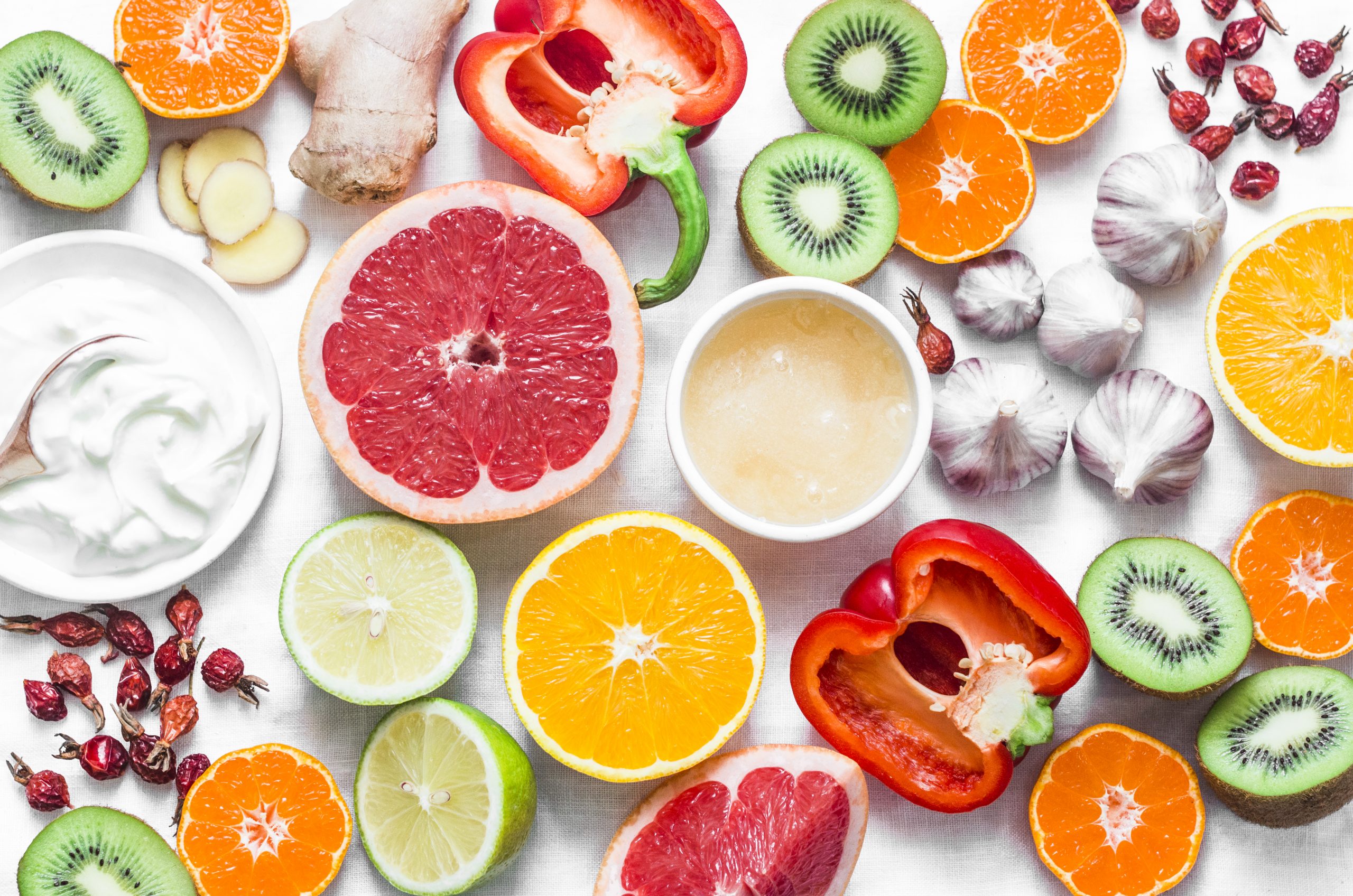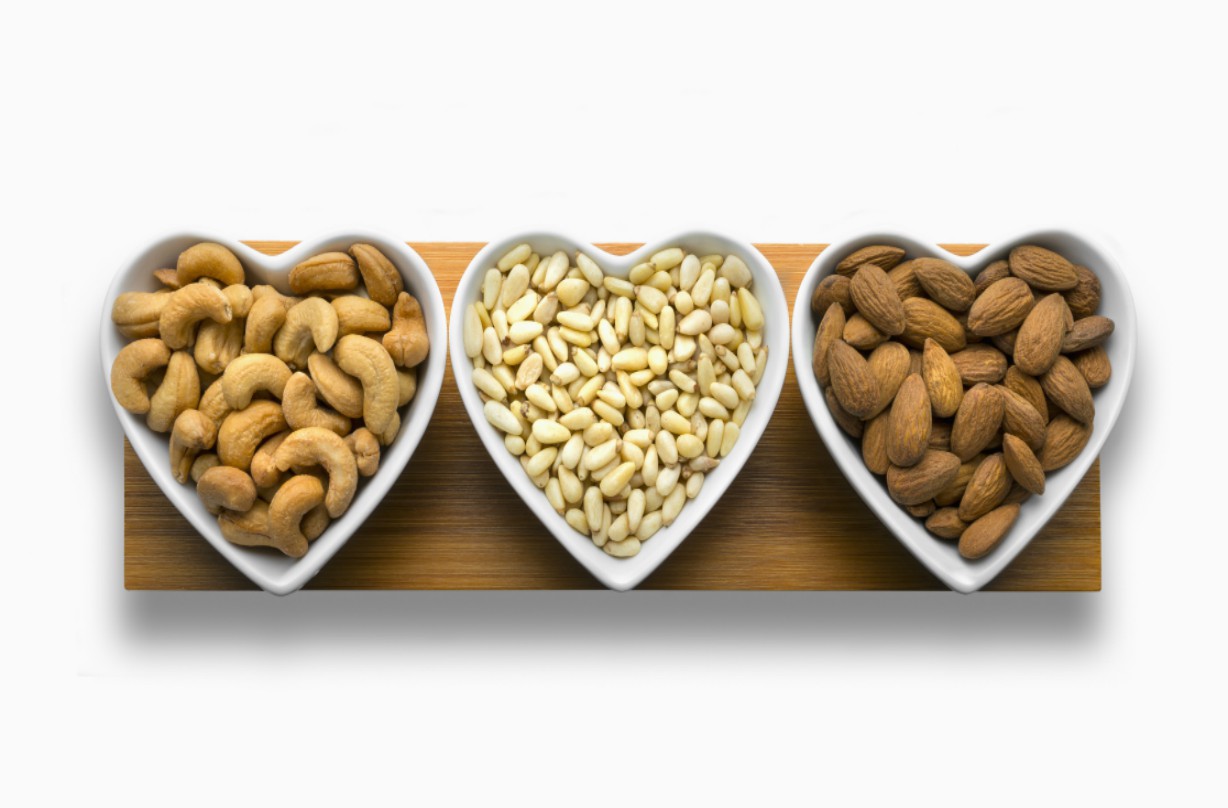Immune system: What is it and how best to boost it


Parenting advice, hot topics, best buys and family finance tips delivered straight to your inbox.
You are now subscribed
Your newsletter sign-up was successful
We've all seen the recent headlines telling the public to wash our hands diligently, but there's another way you can help fight colds and flu from within - by boosting your immune system.
While hand washing will serve to protect against germs, making sure your health is in optimum condition can help fight any bugs you may come into contact with.
If you worry your immune system is weak or winter makes it weaker, just making any three of these below changes can improve it dramatically.
What is the immune system?
The immune system is made up of special cells, proteins, tissues, and organs. It defends you and your body against germs and microorganisms every single day.
In most cases, the immune system generally does a great job of keeping you healthy and preventing infections. But sometimes problems can lead to illness and infection, here's how to avoid that with our top tips.
How can I boost my immune system?
1. Get plenty of sleep and rest
Your body rejuvenates and strengthens when it's at rest so try and get between eight and ten hours a night. Sleep has loads of health benefits but for boosting your immune system it has two distinct ones:
- Firstly, getting a good night sleep relaxes you. If you're stressed or anxious your body releases more adrenalin and too much of this hormone lowers your immunity.

- Secondly, when you're asleep your body produces a hormone called melatonin, which helps prevent certain diseases.
Not getting enough sleep, or sleeping in a room that isn't dark decreases how much melatonin your body produces - lowering your immunity - even a dim light in your room can lower melatonin levels or stop production completely.
Parenting advice, hot topics, best buys and family finance tips delivered straight to your inbox.
Less than eight hours a night makes you tired and when you're tired it's easier for bugs to attack because your body hasn't got the energy to fight them off.
2. Eat a balanced diet
Eat foods with high antioxidant levels (also known as superfoods, such as avocados) these are great for your immune system. Fruit and vegetables, dairy products, melons, berries, dark greens, whole grains, and meat are all superfoods. Antioxidants are vitamins in your diet that can reduce your risk of diseases and can give your immune system a boost.
Some common antioxidants are:
- Artichokes
- Goji berries
- Raspberries
- Kale
- Red cabbage
- Beans
- Beetroot
- Spinach
3. Beware of food allergies
People get food allergies for all sorts of reasons but having either a really weak or really strong immune system can be two of them.
A food allergy is your immune system's response to a food that your body mistakenly thinks is harmful. Once it decides that a particular food is harmful, it creates antibodies to fight it.

A weak immune system will make the decision lazily without considering everything. However, a strong one is overly keen and makes too many decisions.
The next time you eat that food, your immune system will release massive amounts of chemicals, including histamine, to protect the body.
4. Keep it quiet
Recent research shows that noise pollution can have an impact on your immune system and can leave you stressed or with a thumping headache.
Cortisol is a hormone which is created by the body’s response to stress and anxiety, it increases blood pressure and blood sugar, and reduces the ability of the immune system to respond to disease.
Previous research by the Service Environment Policy shows that both ongoing exposure to noise can increase cortisol levels - so avoid having the TV turned right up, music blaring or your noisy kids within 5 metres of you.
5. Get moving!
Exercise makes our body stronger, increases circulation of blood and nutrients, and helps flush the body of toxins.
Fitting more exercise in to your daily routine will help to lose weight but it can also stop you from catching colds and makes you happier overall.
It's recommended that you increase your heart rate for 30 minutes every day, and doing any form of exercise for more than this length of time will boost your immune system too.

This is because when you exercise your body releases endorphins, or 'feel good' hormones. This increases your energy levels and the more energetic you are the more energetic your immune system will be.
And, hand in hand most of the time with exercise is being outdoors. Most people spend 90% of their time indoors breathing in filtered air or other people's germs.
Being out in the cold, as long as you're wrapped up properly, kills any germs that are lingering.
6. Drink plenty of water
Water not only keeps you hydrated it also carries oxygen to your body cells, which results in properly functioning systems.

H2o also works in removing toxins from the body, so drinking more of it could help prevent toxins from building up and having a negative impact on your immune system.
7. Laughter is the best medicine
It may be a cliche but it's actually true. Laughter lowers stress hormones and increases immune cells and infection-fighting antibodies.
When we laugh we trigger the release of endorphins, the body's natural feel-good chemicals.
8. Take those sick days
The average worker takes 8.4 days off sick from work each year, so taking more than that in six months is well above average!
On the same hand though, having no days off at all can sometimes mean that you're going into work when you shouldn't be and sharing the germs around - not good for your immune system or anyone else's.
A study by Covonia recently said that one in three of us blamed our colleagues for giving us two colds a year. This is the same for doctors visits - the average person will visit their doctor 6.3 times a year and almost half of these visits are for colds or viruses that cannot be treated by the doctor.
It's not great for your immune system either to surround yourself with other sick people and germs!

While it is natural for your body to get the odd cold or bug - it's its way of preparing for infection in the future - it's actually better for your immune system if you don't go into work, rest properly and eat healthily because it will give your body a better chance of fighting it.
Giving your body rest will also make your system stronger in the future. Many people soldier on and a simple three-day cold can last for weeks and get worse.
9. Have more sex
When you're ill it's not exactly the first thing on your mind but increasing how much sex you have acts in the same way that exercise does.
Sex releases 'feel good' hormones and gives you loads more energy. Energy your body needs to carry on fighting the diseases.
10. Give up smoking, or at least try cutting down
You don't really need an excuse to give up smoking with all the stark warnings that are out there but it's worth thinking long term about you and the people around you.

Smoking, and breathing in secondhand smoke, are terrible for your entire body, not just your immune system. Cigarette smoke contains more than 4,000 chemicals. And, of these, at least 43 are known carcinogens (ones directly linked with increasing the risk of cancer).
Your body sees all of these chemicals as foreign bodies and every time you smoke it tries to attack them - making your body tired and worn out.
Smoking also releases hormones which trick your body into feeling relaxed and this then masks the feeling of fatigue
11. Increase your Vit D intake
Sunlight triggers the skin’s production of vitamin D. In the summer, a 10-15 minute exposure is enough.
According to the World Health Organization (WHO), getting anywhere from 5 to 15 minutes of sunlight on your arms, hands, and face twice a week is enough to reap the vitamin D-boosting benefits of sunshine - it helps strengthen the immune system.
However, in the winter sunlight can sometimes be too weak - low levels of vitamin D can lead to a greater risk of respiratory infection.

Freelance writer Lucy Gornall is the former health and fitness editor for various women’s magazines including Woman&Home Feel Good You. She has previously written for titles including Now, Look and Cosmopolitan, Woman, Woman's Own, Woman's Weekly and Chat. She lives and breathes all things fitness.